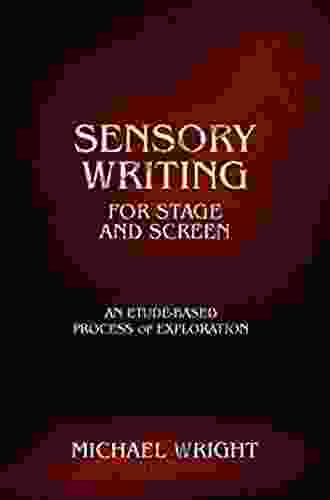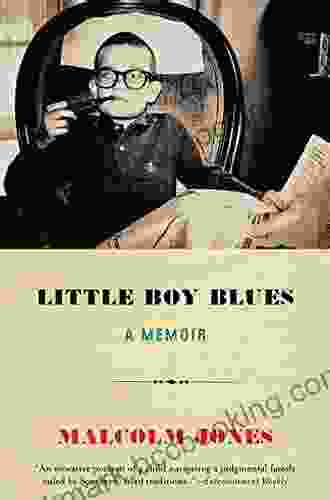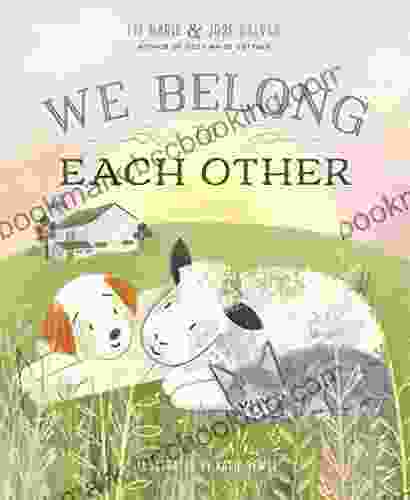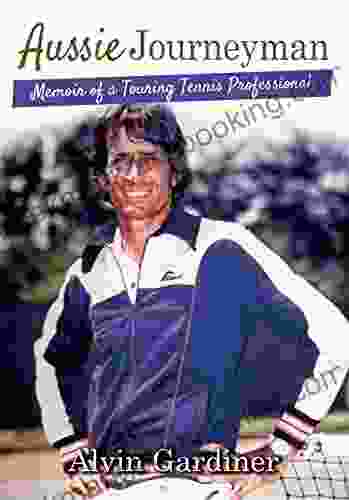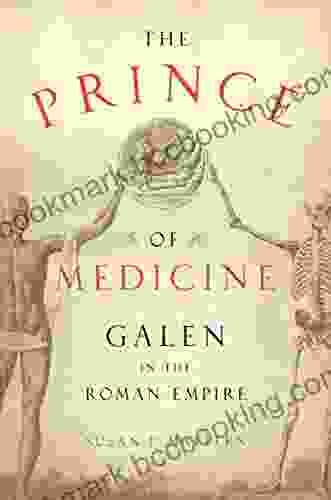Sensory Writing for Stage and Screen: Unlocking the Power of the Senses in Storytelling

In the realm of storytelling, sensory writing holds an unparalleled power to captivate and transport readers and viewers. By engaging the senses of sight, sound, touch, taste, and smell, sensory writing creates immersive experiences that resonate deeply with the audience. Whether you're crafting a stage play, a screenplay, or any other form of narrative, mastering the art of sensory writing is essential for evoking emotions, conveying atmosphere, and leaving a lasting impact.
4.5 out of 5
| Language | : | English |
| File size | : | 665 KB |
| Text-to-Speech | : | Enabled |
| Enhanced typesetting | : | Enabled |
| Word Wise | : | Enabled |
| Print length | : | 197 pages |
| Screen Reader | : | Supported |
The Elements of Sensory Writing
Sensory writing involves translating physical experiences into words that evoke specific sensations. This can be achieved through the use of:
- Sensory Details: Vivid descriptions of the sights, sounds, smells, tastes, and textures that characterize the setting, characters, and events.
- Figurative Language: Similes, metaphors, and other literary devices that create vivid sensory imagery.
- Active Verbs: Verbs that convey movement and action, bringing the sensory experience to life.
Sensory Writing for Stage
On stage, sensory writing plays a crucial role in creating an immersive and memorable performance. By incorporating sensory elements into dialogue, stage directions, and set design, playwrights can stimulate the audience's senses and transport them into the world of the play.
For example, a scene describing a thunderstorm could include vivid descriptions of the lightning's jagged strikes, the thunder's deafening roar, and the rain's icy touch on the skin. These sensory details would enhance the audience's experience and create a visceral connection to the action on stage.
Sensory Writing for Screen
In screenwriting, sensory writing is equally important for creating an immersive cinematic experience. Through the use of camera shots, lighting, sound design, and special effects, screenwriters can appeal directly to the senses of the audience.
A film about a chef could use close-up shots of the ingredients, the sizzle of the pan, and the mouthwatering aroma of the finished dish to engage the viewer's senses of sight, sound, and smell. This sensory stimulation would enhance the audience's appreciation of the chef's artistry and create a deeper connection to the narrative.
The Transformative Power of Sensory Writing
Sensory writing has the ability to transform storytelling in profound ways. By appealing to the senses, writers can:
- Evoke Emotions: Sensory details can trigger emotional responses, allowing writers to convey feelings and create a sense of atmosphere.
- Convey Atmosphere: Sensory writing can paint a vivid picture of the setting and establish a specific mood or ambiance.
- Create Immersion: By engaging the audience's senses, sensory writing draws them into the world of the story and makes them feel like active participants.
- Enrich Character Development: Sensory experiences can reveal aspects of characters' personalities and motivations, adding depth and nuance to their portrayal.
Sensory writing is an essential tool for stage and screen writers who seek to create compelling and unforgettable stories. By engaging the senses of the audience, writers can transport them into the world of the narrative, evoke emotions, and leave a lasting impact. Whether you're a seasoned writer or just starting out, mastering the art of sensory writing will elevate your storytelling to new heights.
Unlock the power of the senses and transform your stage and screen narratives with this comprehensive guide to sensory writing.
4.5 out of 5
| Language | : | English |
| File size | : | 665 KB |
| Text-to-Speech | : | Enabled |
| Enhanced typesetting | : | Enabled |
| Word Wise | : | Enabled |
| Print length | : | 197 pages |
| Screen Reader | : | Supported |
Do you want to contribute by writing guest posts on this blog?
Please contact us and send us a resume of previous articles that you have written.
 Book
Book Novel
Novel Page
Page Chapter
Chapter Text
Text Story
Story Genre
Genre Reader
Reader Library
Library Paperback
Paperback E-book
E-book Magazine
Magazine Newspaper
Newspaper Paragraph
Paragraph Sentence
Sentence Bookmark
Bookmark Shelf
Shelf Glossary
Glossary Bibliography
Bibliography Foreword
Foreword Preface
Preface Synopsis
Synopsis Annotation
Annotation Footnote
Footnote Manuscript
Manuscript Scroll
Scroll Codex
Codex Tome
Tome Bestseller
Bestseller Classics
Classics Library card
Library card Narrative
Narrative Biography
Biography Autobiography
Autobiography Memoir
Memoir Reference
Reference Encyclopedia
Encyclopedia John W Boudreau
John W Boudreau Matthew Farrer
Matthew Farrer Jessi Bloom
Jessi Bloom Richard Bronson
Richard Bronson Nick Schou
Nick Schou Jeremy P Shapiro
Jeremy P Shapiro Jeremiah Mendes
Jeremiah Mendes Royal Yarns
Royal Yarns Max Brooks
Max Brooks Rod Hamilton
Rod Hamilton Kavitha
Kavitha Roger Fisher
Roger Fisher Joseph Egan
Joseph Egan Laura Brennan
Laura Brennan Jenny Oldfield
Jenny Oldfield Lurlene Mcdaniel
Lurlene Mcdaniel Sallie Ann Robinson
Sallie Ann Robinson Jessie Cal
Jessie Cal Roy F Baumeister
Roy F Baumeister Jonathan Coe
Jonathan Coe
Light bulbAdvertise smarter! Our strategic ad space ensures maximum exposure. Reserve your spot today!

 William ShakespeareThe Essence of Mindfulness in Golf and In Life: A Transformative Journey to...
William ShakespeareThe Essence of Mindfulness in Golf and In Life: A Transformative Journey to... Jeremy MitchellFollow ·4.8k
Jeremy MitchellFollow ·4.8k Corey GreenFollow ·16.2k
Corey GreenFollow ·16.2k Alexander BlairFollow ·10.9k
Alexander BlairFollow ·10.9k Dale MitchellFollow ·17.9k
Dale MitchellFollow ·17.9k William GoldingFollow ·14.5k
William GoldingFollow ·14.5k Franklin BellFollow ·5.8k
Franklin BellFollow ·5.8k Dan BrownFollow ·10.1k
Dan BrownFollow ·10.1k Joe SimmonsFollow ·17.5k
Joe SimmonsFollow ·17.5k
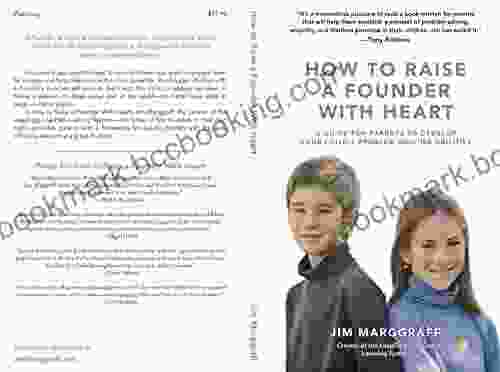
 Patrick Rothfuss
Patrick RothfussGuide for Parents: Unlocking Your Child's Problem-Solving...
As a parent, you...
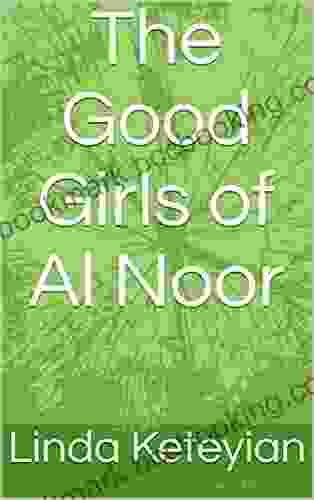
 Ignacio Hayes
Ignacio HayesThe Good Girls of Al Noor: A Gripping Tale of Hope and...
On March 15, 2019, a...

 Lee Simmons
Lee Simmons50 Games and Activities for All the Turkeys at Your...
Thanksgiving is a time for family, friends,...

 Sean Turner
Sean TurnerRewiring the World: From Edison to Google - The...
A Captivating...
4.5 out of 5
| Language | : | English |
| File size | : | 665 KB |
| Text-to-Speech | : | Enabled |
| Enhanced typesetting | : | Enabled |
| Word Wise | : | Enabled |
| Print length | : | 197 pages |
| Screen Reader | : | Supported |


